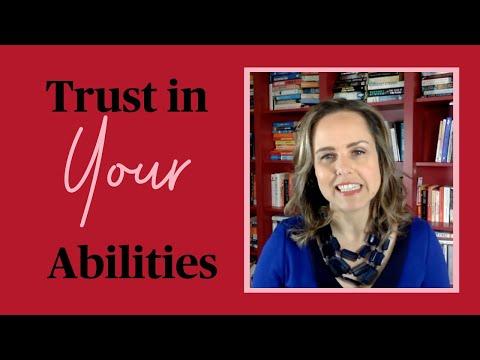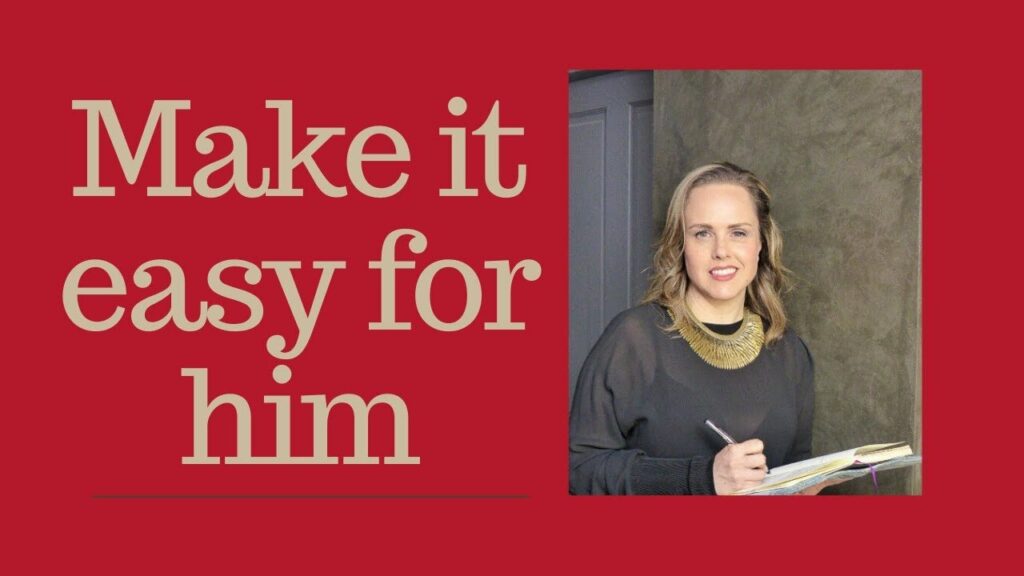What if I told you, the only way to get that ultimate pipe-dream; “a confidence that lasts” is to ignore aiming specifically at confidence at all?
The only way to get that feeling of ‘inner certainty’ is instead to focus on competence, or your ability to get things done, and I’ve got 3 quick and practical ways to build your skills, ultimately leading to the confidence you really want.
These are the THREE of the BEST TIPS to come out of the research with 40 executives from around the world for my new book and from the audiences to which I speak. All are people who, if you saw them in action, you’d doubt confidence had ever been an issue – but the only way they all got around it was by focusing on their COMPETENCE, particularly when it comes to handling others.
1. Redefine confidence for yourself
When people think about confidence, they often focus on what it looks like – speaking up in meetings, leading presentations, risk-taking and… not caring what other people think. In some ways it sounds glam, but it also sounds like many of our current politicians…
And I have yet to meet any professional who thinks they’d be a great hire or good fit for the office.
Instead, the best way to move past those very specific, and not very helpful behaviours is to define confidence more widely for yourself. Indeed, when I talked about wider ways of defining confidence, people I interviewed identified much more with: self-awareness, authenticity between your work and private self and a willingness to challenge the status quo.
Do you think you exhibit these traits? Would you say you had a ‘lack of confidence’?If you answered yes… is it because you’re: “Not good at speaking to large audiences”? Yep – that’s what OUR CULTURE has defined as CONFIDENCE… and many people within this group have done the EXACT SAME THING AS YOU.
Speaking to audiences or in contentious meetings is just one tiny part of being confident, and as we all know from listening to someone weigh in when they don’t know the facts, it doesn’t even require that much expertise! We all suffer when we credit certain people with confidence, even if what comes out of their mouth isn’t great quality.
Take 2 minutes out of your day – and I expect you’ll be surprised with what you discover. Write down all the behaviours you assume confident people do. These will range from some of the more positive like speaking up in meetings, offering to lead presentations to increasingly potentially negative, like taking unnecessary risks, speaking over others, disregarding feedback – that old ‘I don’t care what anyone else says’, that sounds glamorous, but isn’t great for teams. As you look at your list, you may be surprised with how many are actually negative, and how many of what’s left of the positive are actually trainable and just require you getting more experience and exposure to those challenges.
2. Collect feedback on what will give you exposure to the skills you need
The second thing to do is to ask other people about any gaps in your knowledge, expertise – your competence. They may say they don’t see many areas in which you could approve, or highlight things you didn’t expect. Either way, feedback is vital – we all get hired, fired or promoted, not based on how great we think we are, but based on what others think of us. When I’m working with corporate audiences, this is something they totally get!
One of the STEM leaders I interviewed said that his biggest concern wasn’t with the people who were under-confident in his team, it was those who were too confident. They take risks, make mistakes, don’t keep up to date with their field and blame everyone else around them when things go wrong. For him, and many others, that is a far bigger problem than people not having enough confidence.
So go out and have conversations, not just with your boss, but also your peers, junior reports and clients about what additional skills they’d like you to have. I can guarantee – confidence building won’t be one of them. People simply want you to be always improving in your job.
3. Highlight to people the skills you already have
The third thing to do in building your confidence via your competence, is to ensure that you talk about your experience with everyone you think might doubt you. This doesn’t mean you approach life like a walking cv, but when people seem to be expecting you to exude confidence, what they’re really seeking is evidence of your competence. So where necessary, before giving your opinion on things in the most ‘confident of manner’ – which may feel a big fake anyway, simply point out the experiences that have led you to that opinion.
Say things like ‘Based on the 3 other projects I’ve done with this size client’ or ‘The last time I talked with our senior leaders on this issue they felt…’ or ‘This came up in discussions when I was doing my latest qualification on X’. You’re not saying, ‘Look at me world! I’m the smartest person ever!’ which isn’t true for any of us. We are all ongoing projects, always learning and anyone who acts or tells you they know it all, is who you should worry about. They are both lying and also woefully ignorant of the complexity of most topics.
Let’s be very clear, competence isn’t about being smarter or faster. There will always be someone more clever or better-looking, that’s not a war you can win.
I hope you’ll join me in my mission to re-define confidence – please come back and let me know how you get on in your workplace.



